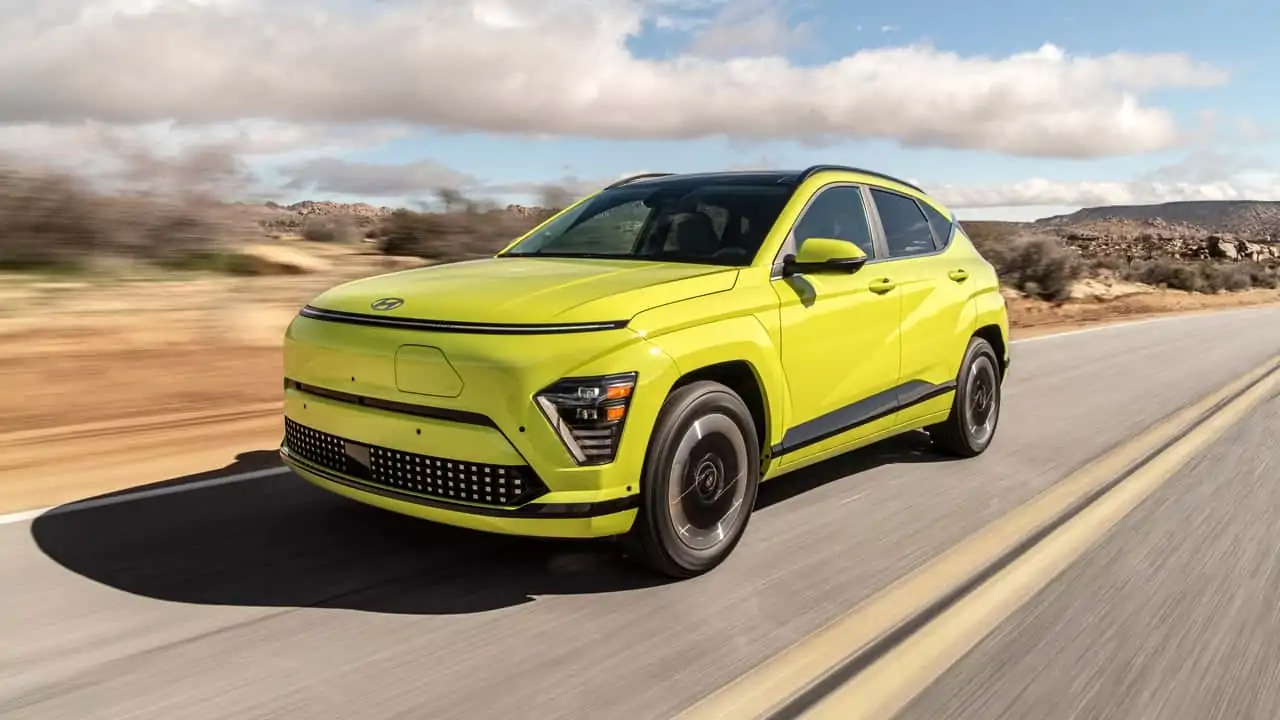In the ever-evolving landscape of electric vehicles (EVs), the battle for supremacy in the battery technology arena continues to unfold. China’s undeniable dominance over the supply chain for battery materials, particularly in the realm of lithium iron phosphate (LFP) batteries, has spurred concerted efforts by various countries to challenge this hegemony. The United States, through its Inflation Reduction Act introduced last year, and South Korea, exemplified by Hyundai Motor Group, are leading the charge in this global endeavor.
South Korea, a powerhouse in the automotive industry, is making significant strides in liberating itself from China’s stronghold on LFP battery technology. Reports from local media outlets, as cited by The Korea Herald, indicate that Hyundai Motor Group is on track to finalize the development of its LFP technology by late next year. This breakthrough could pave the way for the production of more affordable and easily scalable electric vehicles from the Korean automotive giant.
LFP batteries have garnered attention for being not only cost-effective but also safer and more efficient. Automakers worldwide have recognized the potential of LFP batteries, especially for their entry-level EV models. Toyota, for instance, is gearing up for a substantial expansion into affordable LFP batteries, and Ford is embracing this technology by incorporating LFP batteries into vehicles like the Mustang Mach-E.
However, China’s quasi-monopoly on LFP technology has posed challenges for Western automakers, compelling them to invest in developing their own LFP batteries. The ongoing tech trade war between China and the United States has further intensified these efforts. Even within the United States, progress has been met with hurdles. Ford, for instance, temporarily halted plans for an LFP battery plant in Michigan, citing concerns, including those related to its Chinese technical partner, CATL.
As countries and automakers strive for self-reliance and innovation in the electric vehicle sector, the race to break free from China’s grasp on battery material supply chain continues. With South Korea’s Hyundai Motor Group poised to achieve a significant milestone in LFP technology, the global EV market anticipates a wave of more accessible and efficient electric vehicles, marking a pivotal moment in the ongoing quest for sustainable mobility. Read Similar Story












